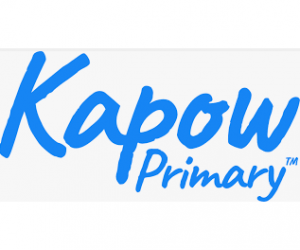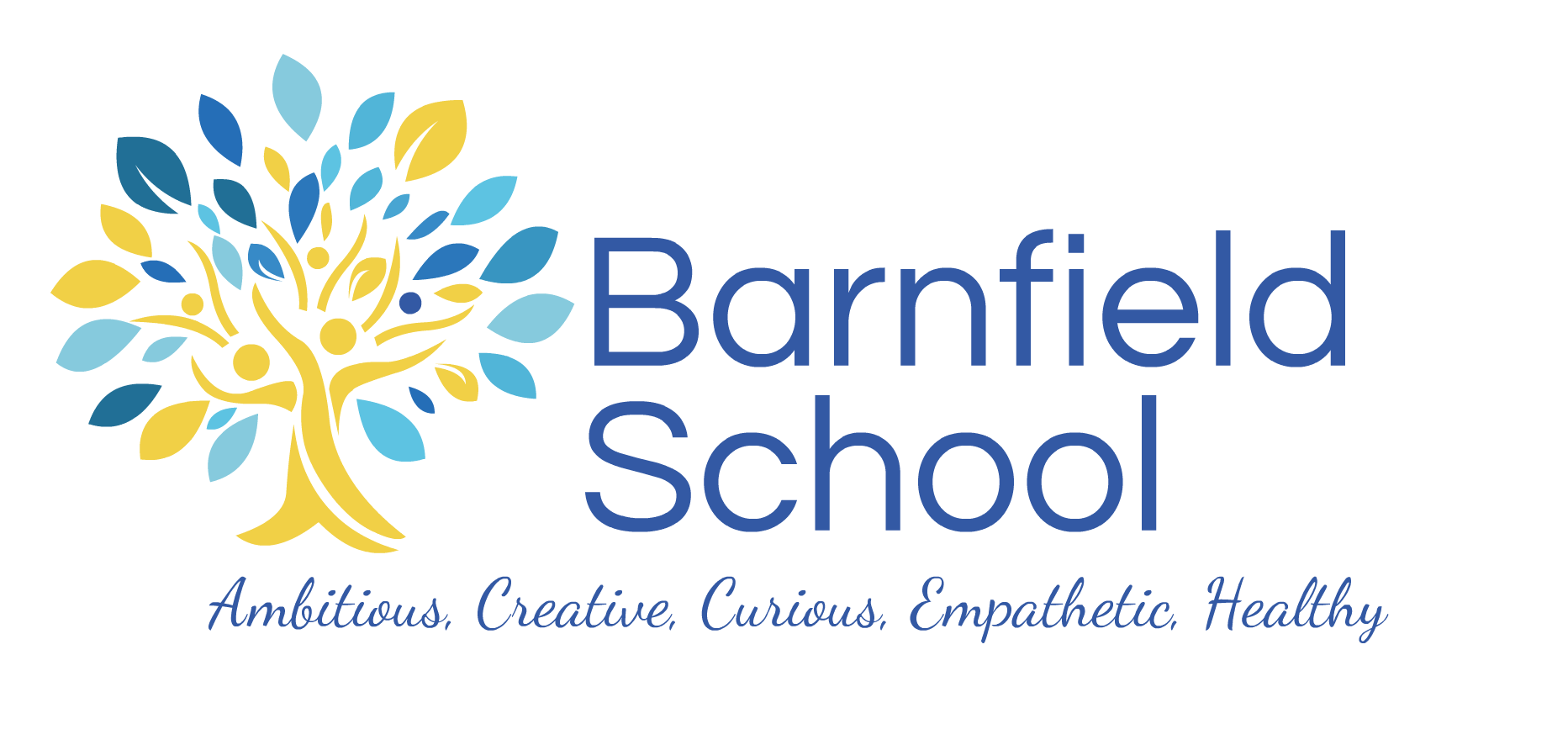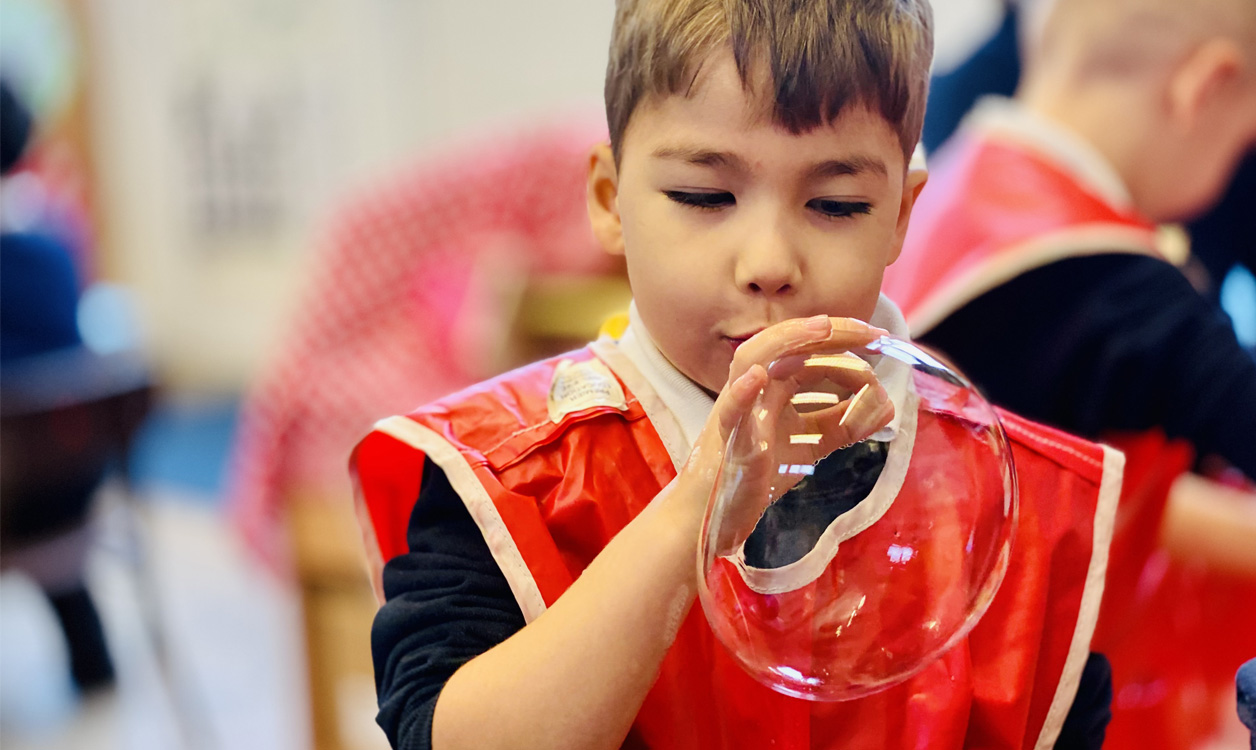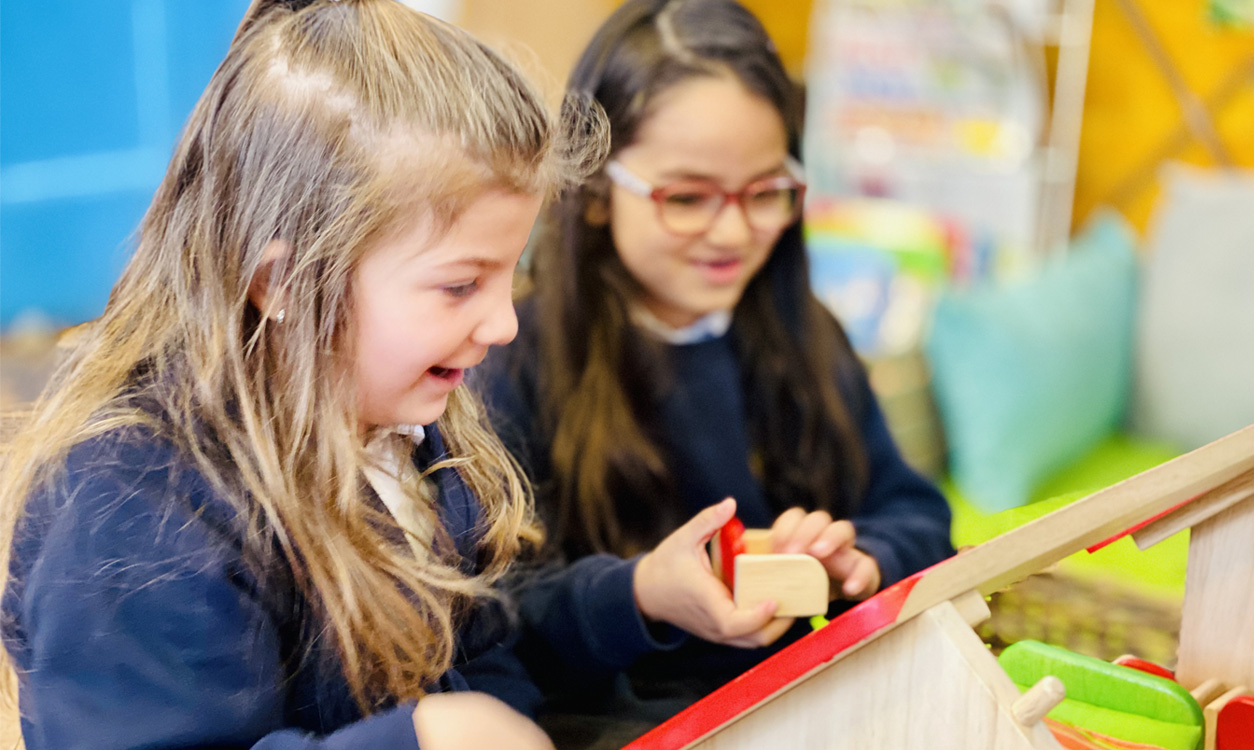Design and Technology
We use Kapow Design and Technology curriculum to support our children’s knowledge and understanding in this area of learning.
At Barnfield, we believe that Design and Technology should be taught in a way that inspires creativity and imagination. Our pupils are encouraged to consider real-life problems: designing, making and evaluating products considering the product, purpose and user.
We aim to inspire pupils to be innovative and creative thinkers who have an appreciation for the product design cycle through drafting design concepts and ideas, creating their product and reflecting on its suitability. This is underpinned by our 5 principles.
We provide opportunities for our children to research past and present designs and designers, understanding the impact that these products have had on daily life. When designing, children are encouraged to communicate their ideas through diagrams, mock-ups and prototypes. They learn technical knowledge relating to structures, mechanisms, textiles and food technology. They also develop skills when using various tools including scissor, saws and drills, considering accuracy and safety. Our children are encouraged to evaluate and test their ideas and products, ensuing that it meets the initial design brief.
Ultimately, we aim to build an awareness of the impact of design and technology on our lives and encourage out children to become resourceful, enterprising citizens who will have skills to contribute to future design advancements.

At Barnfield, we utilise Kapow Primary’s Design and Technology scheme of work. This enables pupils to meet the end of key stage attainment targets in the National Curriculum. This is taught in a sequential manner, building on prior learning and preparing for future learning.
The Design Technology National Curriculum outlines the three main stages of the design process: design, make and evaluate. Each stage of the design process is underpinned by technological knowledge which encompasses the contextual, historical and technical understanding required for each strand. These strands are:
- Design
- Make
- Evaluate
- Technical knowledge
- Cooking and nutrition
The scheme of work has a clear progression of skills and knowledge within these five strands across each year group. Attainment targets and progression of skills have been carefully mapped out to ensure they are securely met by the end of each key stage.
Through Kapow Primary’s Design and Technology scheme, pupils respond to design briefs and scenarios that require consideration of the needs of others. It ensures that skills are being developed in:
- Mechanisms
- Structures
- Textiles
- Cooking and nutrition
- Electrical systems (KS2)
- Digital world (KS2)
Each key area follows the design process (design, make and evaluate) and has particular theme and focus for technical knowledge or cooking and nutrition. The Kapow scheme is a spiral curriculum, with key areas revisited with increasing complexity, allowing pupils to revisit and build on their previous learning.
Lessons incorporate independent tasks, paired and group work including practical hands-on, computer-based and inventive tasks.







